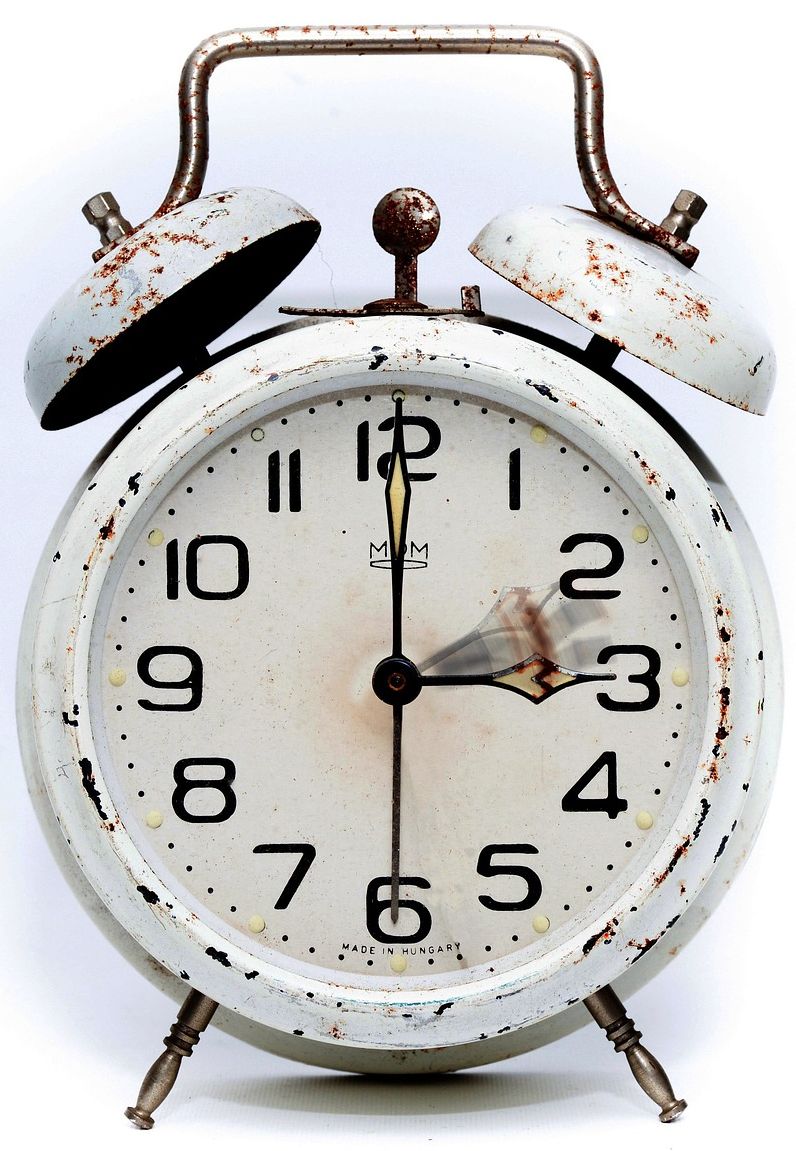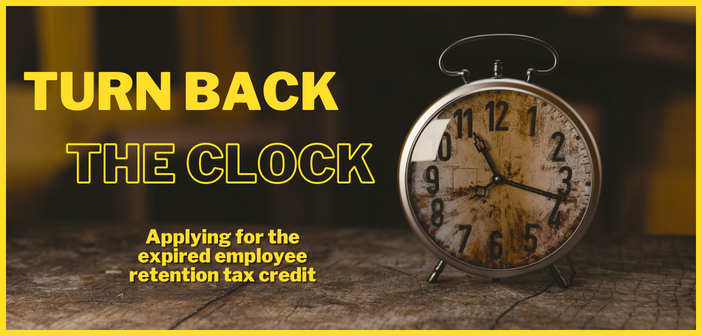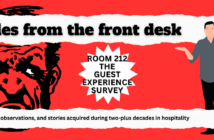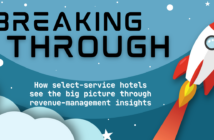The credit expired but the hospitality industry can continue to apply for economic relief retroactively.
by HOWARD MAKLER
What does a business owner do when the foundation of their industry vanishes for an extended period of time? That’s a question thousands of family-owned hotels and boutique hotel managers asked themselves as the COVID-19 pandemic ravaged the world. No travelers meant no guests. The economic fallout of lockdowns and other devastating setbacks made the hospitality industry go to a standstill. But it persevered.
 Hospitality has had to adapt to constant changes perhaps more than any other industry through this crisis. Government relief programs, like the CARES Act and PPP loans, allowed smaller, family-owned hotels and boutique destinations to keep businesses running in the thick of the pandemic shutdowns. The sector is expected to rebound in 2022 and is forecasted to make a nearly full recovery, economically speaking, by 2024. That still doesn’t erase the catastrophic numbers during the past few years.
Hospitality has had to adapt to constant changes perhaps more than any other industry through this crisis. Government relief programs, like the CARES Act and PPP loans, allowed smaller, family-owned hotels and boutique destinations to keep businesses running in the thick of the pandemic shutdowns. The sector is expected to rebound in 2022 and is forecasted to make a nearly full recovery, economically speaking, by 2024. That still doesn’t erase the catastrophic numbers during the past few years.
The American Hotel and Lodging Association’s State of the Hotel Industry 2021 report found that nearly four million hospitality jobs and more than 670,000 hotel industry jobs, specifically, were lost in 2020 due to the pandemic. At least two in 10 hotel employees who worked before the pandemic haven’t returned, and those that have gotten their jobs back still haven’t reached pre-pandemic full-time work status.
Despite the general atmosphere of industries getting back to some sense of normalcy, nothing can change what happened during this devastating time. Plus, additional problems persist. The pace of inflation, supply-chain delays, and socio-economic reverberations stemming from Russia’s war in Ukraine created an atmosphere where recovery is possible but instability is constant. But, there is still help.
“At least two in 10 hotel employees who worked before the pandemic haven’t returned, and those that have gotten their jobs back still haven’t reached pre-pandemic full-time work status.”
Besides financial aid through the CARES Act and the PPP, hospitality businesses had another option: the Employee Retention Tax Credit (ERC).
THE ERC BASICS
 Unlike the PPP, which is a forgivable loan, the ERC is a refundable payroll tax credit that aims to provide economic relief for small and medium businesses – just like family-owned hotels – that managed to retain employees during the ups and downs of the pandemic. Both, however, were born out of the CARES Act.
Unlike the PPP, which is a forgivable loan, the ERC is a refundable payroll tax credit that aims to provide economic relief for small and medium businesses – just like family-owned hotels – that managed to retain employees during the ups and downs of the pandemic. Both, however, were born out of the CARES Act.
Initially, eligible employers could only file for either the PPP or ERC. Yet in 2021, as part of the Consolidated Appropriations Act, Congress amended the either/or provision and allowed businesses to apply for both.
There was one slight problem – the credit technically expired at the end of 2021.
But, that doesn’t mean family-owned hotels and boutique hotels can’t still apply. In fact, the program expanded eligibility for the refund, allowing them to retroactively file a claim.
ELIGIBILITY IS STILL OPEN
If you’re a small hotel owner with 500 or fewer employees and have kept them on the payroll, you have up to three years from the end of the program to claim reimbursements. Data shows that 80% of businesses that apply qualify.
Self-employed individuals cannot claim credit based on their own wages, but other stipulations are surprisingly general. If a business experienced disruptions of any kind – supply chain woes, price increases, staffing shortages, difficulty hiring, reduced hours, or the inability to travel or attend conferences – it qualifies for the credit.
The real question then is: How does the owner of a small or boutique hotel apply and make sure they get a full amount?
HOW HOTEL OWNERS CAN STILL CLAIM CREDIT
To retroactively claim the credit for the past two years, eligible hospitality location owners must fill out what is known as Form 941-X, or the “Adjusted Employer’s Quarterly Federal Tax Return or Claim for Refund” document.
“The pace of inflation, supply-chain delays, and socio-economic reverberations stemming from Russia’s war in Ukraine created an atmosphere where recovery is possible but instability is constant.”
They will have to include basic but detailed information such as the number of full-time employees at the business, total wages for each employee if the owners had one or more locations where operational disruptions occurred, and quarterly gross receipts from 2019 to 2021.
FINAL THOUGHTS
Refund checks from the U.S. Treasury usually take five to eight months to return depending on backlog. But, the longer a business owner waits, the longer it will take. After two years of severe ups and downs, there’s still time for hotel owners across the country to kickstart their economic recovery by taking advantage of seemingly unknown relief like the ERC.
 Howard Makler is founder and CEO of Innovation Refunds, a company that helps small- and medium-sized businesses apply for the often-overlooked Employee Retention Credit (ERC), offered as part of the 2020 COVID-19 relief package. A recognized expert and in-demand speaker, he has served for over a decade as a professor at the Wharton School of the University of Pennsylvania and University of Shopping Centers, along with engagements at Peking and Tsinghua Universities in China. Howard has also served on the Board of Directors for The Skyhook Foundation, a charity founded by Kareem Abdul-Jabbar, Vice Chairperson for Athletes & Entertainers for Kids, and helped create Shaquille O’Neal’s Shaqtacular fundraiser for underprivileged children.
Howard Makler is founder and CEO of Innovation Refunds, a company that helps small- and medium-sized businesses apply for the often-overlooked Employee Retention Credit (ERC), offered as part of the 2020 COVID-19 relief package. A recognized expert and in-demand speaker, he has served for over a decade as a professor at the Wharton School of the University of Pennsylvania and University of Shopping Centers, along with engagements at Peking and Tsinghua Universities in China. Howard has also served on the Board of Directors for The Skyhook Foundation, a charity founded by Kareem Abdul-Jabbar, Vice Chairperson for Athletes & Entertainers for Kids, and helped create Shaquille O’Neal’s Shaqtacular fundraiser for underprivileged children.




